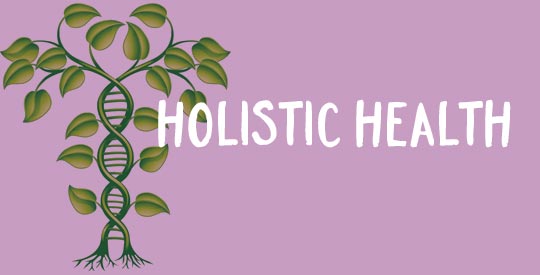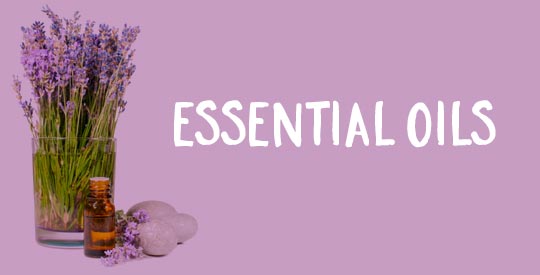According to the International Stress Management Association (ISMA), Americans are reporting that their stress has increased significantly over the past 5 years. We know that certain degrees of stress are a perfectly normal part of everyday living on planet earth. But how much is too much, and what types of stress are most detrimental? In order to achieve the long-term health we all seek, we have to be aware of and gain positive coping mechanisms to deal with stressful events of life.
“The irony is this: Our bodies react to stress in exactly the same way whether or not we have a good reason for being stressed. The body doesn’t care if we’re right or wrong. Even in those times when we feel perfectly justified in getting angry- when we tell ourselves it’s the healthy response- we pay for it just the same.”
~Doc Childre and Howard Martin
Of course there is a stress test which is available online (http://www.isma.org.uk/wp-content/uploads/2013/08/Stress-Questionnaire.pdf), however most of us are simply too busy to make time to take the test! So here are a few quick and easy recommendations for releasing or reducing stress in your life:
- Deep Breathing exercise: Inhale through the nose for a count of 4, hold it for a count of 7, then exhale through the mouth for a count of 8 (don’t worry if you are counting fast or slow, just count) Do this 3 times and repeat whenever necessary.
- Exercise moderately!
- PLAY! Adult play is just as important and necessary as it is for children’s play.
- Take a look at time management, how are you setting your priorities?
- Relax and do nothing (yes, contrary to popular American belief, this is very healthy and necessary)
- Use tools like essential oils, herbs, meditation and/or prayer to promote relaxation and stress reduction
- Some useful oils include rose, bergamot, lemon, clary sage and Roman chamomile (see my safety page on essential oils or contact me if you are not familiar with guidelines on usage)



